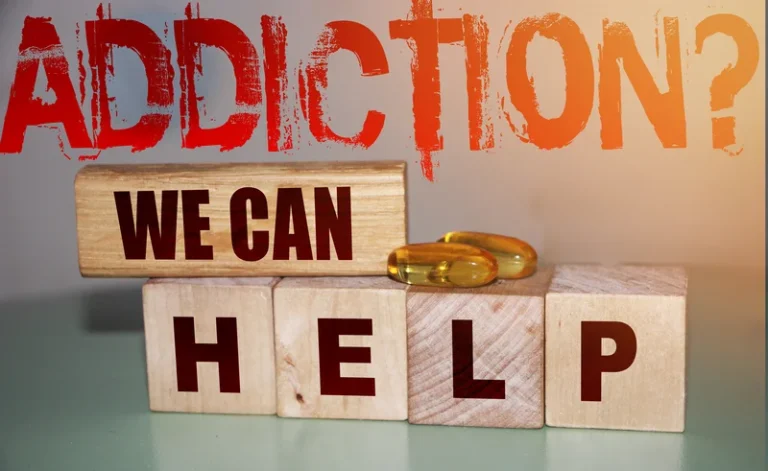
Therefore, if you’re in a drug and alcohol recovery types of relapse triggers stage, this environment can inspire you to feel celebratory and want to participate. The period of addiction recovery that takes place after completing a treatment program requires the ability to identify addiction triggers and use healthy coping skills to deal with them. How you manage addiction triggers determines the effectiveness of relapse prevention.
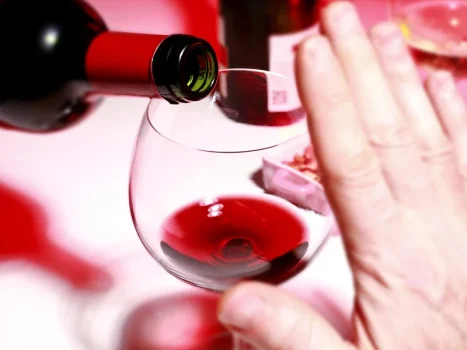
Signs of Relapse
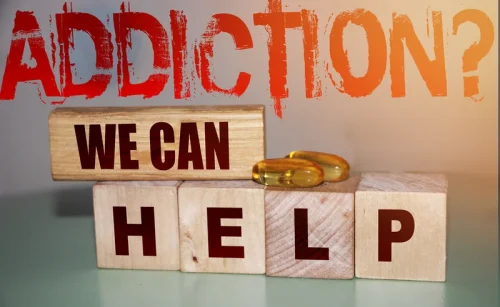
It’s an acknowledgement that recovery takes lots of learning, especially about oneself. Recovery from addiction requires significant changes in lifestyle and behavior, ranging from changing friend circles to developing new coping mechanisms. It involves discovering emotional vulnerabilities and addressing them.
- Attention to sleep and healthy eating is minimal, as is attention to emotions and including fun in one’s life.
- By staying vigilant and seeking help when necessary, you can continue your recovery journey and avoid the pitfalls of relapse.
- When feeling bored, individuals may be more likely to seek out activities or substances that provide temporary relief or excitement, leading to a return to addictive behaviors.
- Addiction Resource aims to provide only the most current, accurate information in regards to addiction and addiction treatment, which means we only reference the most credible sources available.
Challenging Emotions
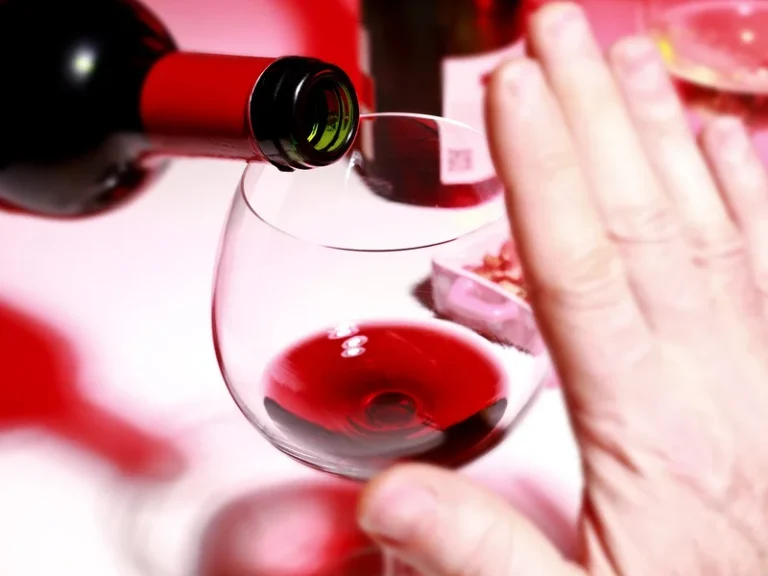
This self-awareness helps cultivate resilience and enhance overall well-being. Identifying triggers also helps individuals build a support system and seek help when needed. Recognizing situations or circumstances that increase vulnerability to relapse allows individuals to reach out to counselors, sponsors, or support groups for guidance and assistance. Having a strong support system in place increases accountability and provides necessary resources to navigate high-risk situations.
People Trigger Relapse
You may ask a friend to accompany you to help talk through what you’re feeling and bring your attention elsewhere, or you might call your sponsor or counselor. Seek Professional HelpIf you find it challenging to manage triggers on your own, seek professional help. Therapists, counselors, and treatment programs can provide additional support and resources to help you stay on track.
- If you go into the situation unprepared, you’re more likely to relapse.
- It should not be used in place of the advice of your physician or other qualified healthcare providers.
- While we can’t – and shouldn’t – completely avoid feelings of anger, we can change the way we manage and process these feelings.
Experience You Can Trust
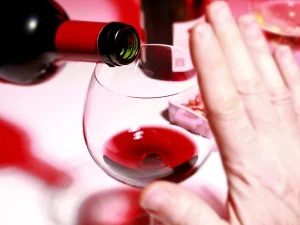
For many people, drug and alcohol use began as a way to alleviate boredom or make certain activities feel more fun. Those in recovery often have a hard time finding new ways to have fun, and it may cause them to glamorize or ruminate on their past substance abuse. Recovery is hard work and drug use feels easy, and this can make people feel like their efforts haven’t been worth https://ecosoberhouse.com/article/the-5-risks-of-drinking-after-work/ it.
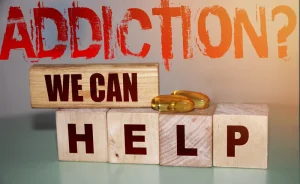
Firstly, it is important to understand what exactly is meant by a relapse. A relapse refers to the resumption of substance use or engaging in addictive behaviors after a period of abstinence or recovery. It can be a setback in one’s journey towards sobriety and can significantly impact an individual’s physical, mental, and emotional well-being. Among the most important coping skills needed are strategies of distraction that can be quickly engaged when cravings occur. Mindfulness training, for example, can modify the neural mechanisms of craving and open pathways for executive control over them.
- Triggers are social, environmental or emotional situations that remind people in recovery of their past drug or alcohol use.
- Get insights into recovery timelines and support systems for lasting change.
- As a result, it may help to list all the people, places, and things that cause you excessive stress.
- Yes, support groups can be immensely helpful in managing high-risk situations and preventing relapse.
- Coping methods learned in therapy help people remain grounded and reduce the craving for the escapism of substance abuse.
Identifying and managing high-risk situations is essential for preventing relapse. It involves recognizing triggers, both internal (emotions) and external (people, places, things), that may bring back thoughts, feelings, or memories of addiction. Strategies for managing these triggers include mindfulness, exercise, social support, and self-care. To effectively manage high-risk situations, it is essential for those in recovery to develop a relapse prevention plan.